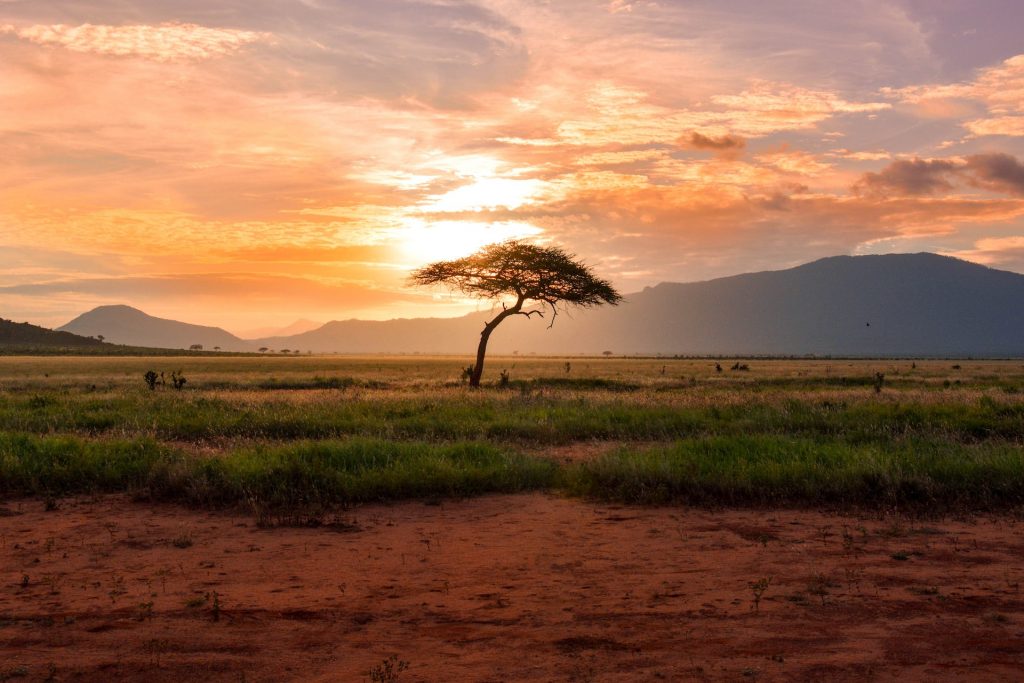Spanish Speaking Countries In Africa
4 min read
Spanish Speaking Countries In Africa are located on the continent of Africa. There are a total of nine Spanish Speaking countries in Africa, which: Angola, Cape Verde, Equatorial Guinea, Guinea-Bissau, Ivory Coast, Mauritania, Mozambique, Niger, and Senegal.
Historically Spanish Speaking Countries In Africa
The history of the Spanish presence in Africa is a long and complicated one, dating back to the early 1500s when Spanish explorers first arrived on the continent. In the centuries that followed, Spain would establish colonies in several parts of Africa, most notably in present-day Morocco, Algeria, Western Sahara, Equatorial Guinea, Gabon, and Western Sahara.
During the 1800s, Spain began to lose its grip on its African colonies, as a number of them declared independence or were taken over by other European powers. In the early 1900s, the Spanish government made a concerted effort to re-establish control over its former colonies in Africa, but this ultimately proved unsuccessful. By the middle of the 20th century, Spain had completely withdrawn from its last African colony, Western Sahara.
Despite this long history, there are currently no Spanish-speaking countries in Africa. This is due to several factors, including the fact that most of Spain’s former colonies in Africa have since become independent nations. Additionally, many of these countries have adopted other languages as their official tongues, such as French, Arabic, or Portuguese.
However, there are a handful of Spanish-speaking enclaves in Africa, most notably the cities of Ceuta and Melilla which are located on the northern coast of Morocco. These two cities remain under spanish document translation service control and have sizable Spanish-speaking populations. Additionally, there are several small Spanish-speaking communities in other parts of Africa, such as the island nation of São Tomé and Príncipe.
Even though there are no actual Spanish-speaking countries in Africa, the influence of Spain can still be seen in many parts of the continent. For example, Spanish is one of the most widely spoken languages in Equatorial Guinea, a former Spanish colony. Additionally, many African countries have adopted Spanish names for their cities and towns, such as Santa Cruz de Tenerife (in present-day Ghana) and Ciudad del Cabo (in present-day South Africa).
The history of Spain’s presence in Africa is a long and complicated one. However, the influence of Spain can still be seen in many parts of the continent, even though there are no actual Spanish-speaking countries in Africa.
A taste of Africa – exploring the cuisine of Spanish-speaking countries
Africa is a vast and varied continent, with a wide range of different cultures and cuisines. Spanish-speaking countries in Africa are no different and offer a delicious array of food for visitors to enjoy.
One of the most popular Spanish-speaking African countries is Morocco. Moroccan cuisine is heavily influenced by the country’s Arab, Berber, and European heritage. Common dishes include tagines (stew-like dishes cooked in a special earthenware pot), couscous, and kebabs.
Another popular destination is Ethiopia. Ethiopian cuisine is known for its spiciness, and common dishes include injera (a sourdough flatbread) and wat (a stew). Visitors to Ethiopia should also try the country’s famous coffee, which is often served with spices such as cardamom or cloves.
If you’re looking for something a little different, why not try the cuisine of Equatorial Guinea? This small country on the west coast of Africa is home to a variety of different cultures, and as a result, its cuisine is quite diverse. Popular dishes include fried plantains, chicken with peanut sauce, and fresh seafood.
The people of Spanish-speaking Africa – a glimpse into their culture and traditions
Africa is a continent with a rich and diverse culture. The people of Africa have a long history and many traditions that have been passed down through the generations. One of the most fascinating aspects of African culture is the music. African music is very different from the music of other cultures around the world. It has a unique sound and rhythm that is unlike any other.
The people of Spanish-speaking Africa are no different. They too have a rich culture and traditions that make them unique. Here is a glimpse into the culture and traditions of the people of Spanish-speaking Africa.
The people of Spanish-speaking Africa are very proud of their heritage and culture. They have a deep respect for their elders and those who have gone before them. The family is very important to the people of Spanish-speaking Africa. It is not uncommon for extended families to live together in one home.
Religion is also a very important part of the culture of Spanish-speaking Africa. Christianity is the predominant religion, but many people practice Islam. The people of Spanish-speaking Africa are very spiritual and have a strong belief in God.
The people of Spanish-speaking Africa are very passionate about their food. They love to cook and eat. The food is usually very spicy and flavorful. The people of Spanish-speaking Africa also enjoy a good meal with family and friends.
The people of Spanish-speaking Africa are very friendly and hospitable. They love to meet new people and make new friends. They are always willing to help those in need.
The culture of Spanish-speaking Africa is very rich and diverse. It is a culture that is full of life and vitality. The people of Spanish-speaking Africa are proud of their culture and traditions. They are people who have a deep respect for their elders, their families, and their God.
Conclusion
The largest Spanish Speaking country in Africa is Angola, with a population of over 24 million people. Angola is located in Central Africa and its capital city is Luanda. The official language of Angola is Portuguese, however, many Angolans speak Spanish as a second language.



